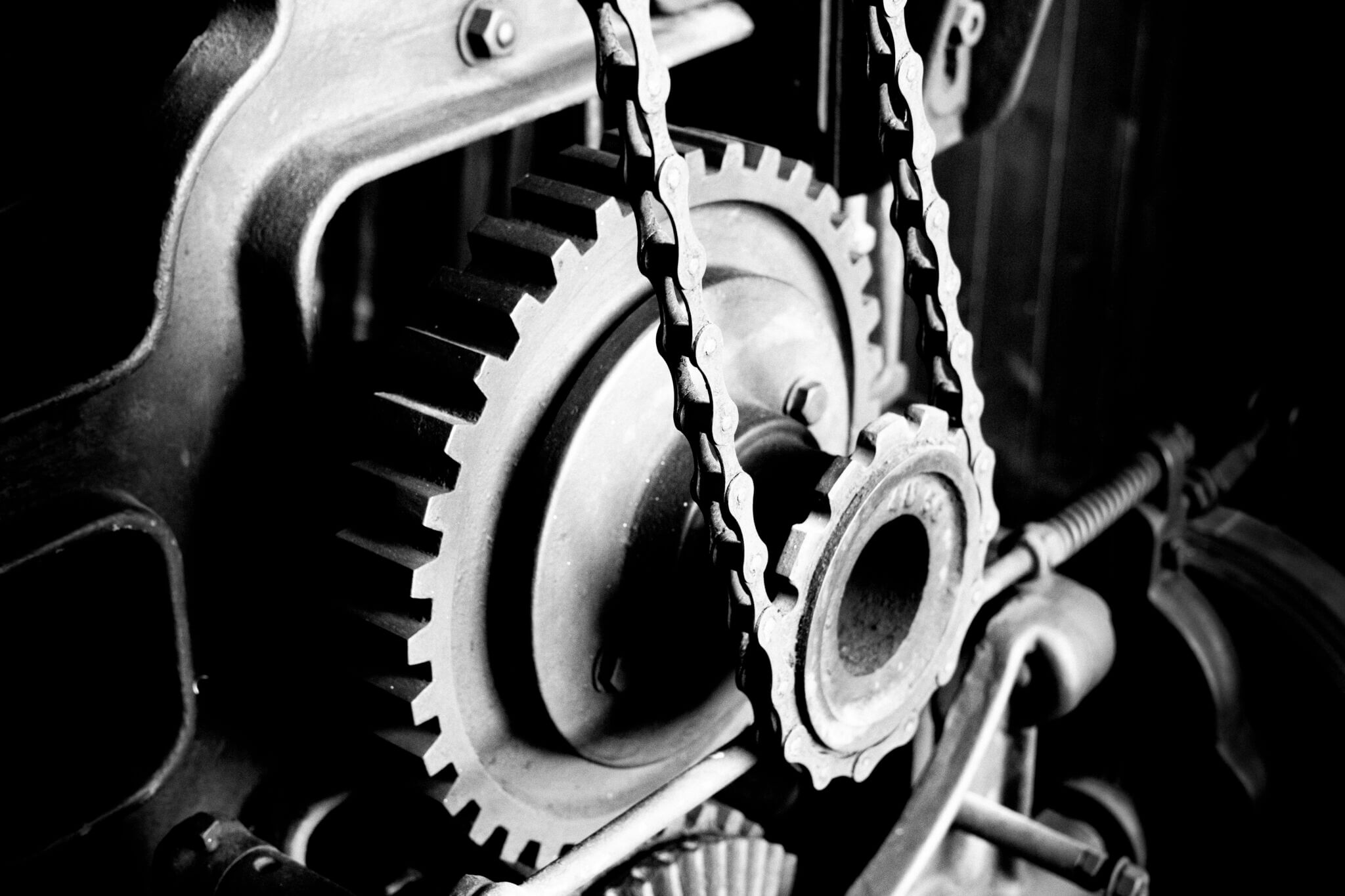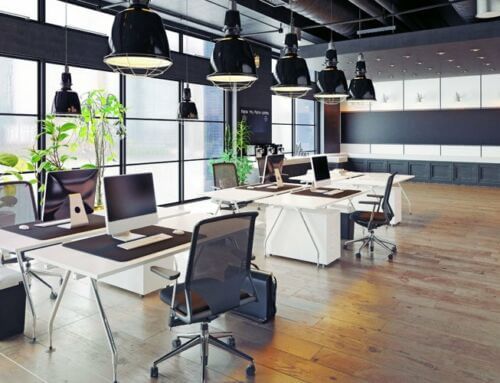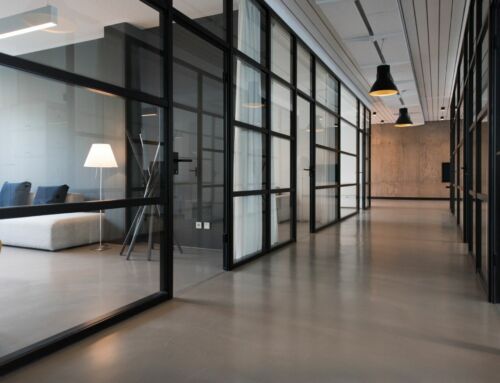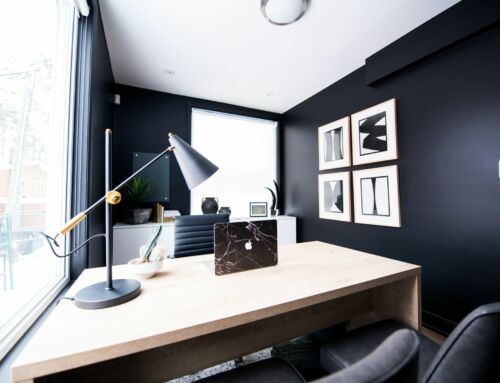
Risk managing equipment breakdown in a commercial property
The role and responsibility of the property owner, tenants and managing agent.
Ask a property owner who is responsible for the maintenance on the air-conditioning system, kitchen exhaust hood or the refrigeration plant and typically they will say the tenant. Ask the tenant the same question and they will say the property owner. It’s quite common neither party understands their individual roles and responsibilities. In fact, commercial agents indicate that this is one of the most misunderstood aspects of a lease and the one that causes the most heartache.
Examples of equipment
In a commercial property, this may include air conditioning systems, hot water heating systems, cooling towers, electrical switchboards and cabling, lifts, escalators, security systems, back-up generators, fire detection systems, refrigeration/cool rooms, servers, production machines, production control centres, lathes, ovens, furnaces, transformers, electric motors, printed circuit
boards and compressors. Some plant will serve the property such as an air-conditioning system and some may serve a tenancy, for example a furnace.
What is a commercial property?
Shopping centres, offices, restaurants, cafes, takeaways, warehouses and factories where no person resides. Interested parties will usually include the property owner, tenants and agent to manage the property on behalf of the property owner.
Where are the losses coming from and what’s being damaged?
Whilst the predominant cause of failure is an electrical disturbance (e.g. short circuit, spike) with resultant motor damage for example, there is an emerging trend towards a lack of routine preventive maintenance causing equipment failures. Top of the damage list are electrical motors in air conditioners (e.g. compressor motors, condenser fan motors, evaporator fan motors) closely followed by lift and escalator motors. Roller shutter door motors and ventilation fan motors (in terms of frequency) complete the damaged motor list according to Vero Claims. Printed circuit boards (PCB’s), switchboards, security systems and fire protection devices/alarms make up the remainder of damaged equipment within commercial properties.
Replacement versus repair
An analysis of claims data reveals an increasing number of losses and upward trend towards catastrophic failure requiring a complete replacement of equipment, which is typically attributed to a lack of routine preventive maintenance in most circumstances. Experience indicates that equipment that receives routine preventive maintenance is more likely to just breakdown warranting minor to moderate repairs and the item will last longer.
Notably, a catastrophic failure will typically occur at the worst possible time and inflict maximum business interruption (e.g. loss of profits) as the provision of parts and labour are unplanned, making the event expensive and time consuming. Whereas routine preventive maintenance is planned with resources available at that time.
Business interruption drift
Notably, business interruption in the engineering sector has dramatically increased over the past 5 years due to wars, labour shortages, floods, fires and COVID-19 to name but a few adversities. For example, what was once available from multiple local and maybe overseas sources with minimal lead time, may not be available now or has a long lead time and is more expensive. In summary, what was once an insignificant non-complex part or item of equipment, now becomes critical. In the post-pandemic world, we have significantly more ‘obsolescence’ due to business closures, labour and material shortages and generally, supply chain interruptions for example.
The consequences
The commercial property sector will likely experience:
- increased costs to replace a catastrophic failure, rather than provide routine preventive maintenance
- unhappy tenants breaking the lease and moving out, leaving the problem of acquiring new tenants
- disputes with tenants taking up time and maybe expensive
- premises may become unusable for a period of time during repairs, or prior to repairs commencing
- premises becoming unsellable due to the equipment being in a poor state of repair.
Obligations
With the ownership of a property comes enormous responsibility from both a legal and moral perspective to keep it in a safe condition for both tenants and the public.
Actions to keep this ideal include, but not limited to:
- routine inspections
- preventive maintenance
- carrying out any repairs needed to keep the building and its equipment in good shape.
Legal responsibilities may include maintenance of fire systems and moral obligations may be painting and cleaning for example.
It is the responsibility of the tenant to look after their own environment and comply with legislation regarding such things as life safety imposed by the property owner.
It is the responsibility of the managing agent to ensure a responsible party appropriately maintains all equipment.
How to minimise the risk
- Understand who is responsible for maintenance and repairs
As previously noted, this is probably one of the most misunderstood aspects of a lease and the one that causes the most heartache. Notably, commercial leases can often be silent on items
such as air-conditioning and cool rooms which are capital items but used by a tenant in their day-to-day business. A professionally drafted lease document will minimise the potential for misunderstandings while laying the foundation for the continuing constructive relationship between the property owner and the tenant. It should contain clear obligations and well-defined standards for the repair and maintenance of the premises and the plant/equipment within. Talk these through to ensure your understanding. - Enact a plan
Tenants and property owners (maybe in consultation with managing agents also) need to prepare and plan for routine preventive maintenance with allocated funds, parts and labour pre-sourced and available so as to present minimal interruption. Share the plan, so all parties are on the same page. Ideally, repair/replace broken down equipment quickly to avoid the potential for disputes and other likely consequences.
Talk to an insurance broker
It’s a good idea to talk to a Qualified Professional Insurance Broker if you own a commercial property and you’d like to make sure you’re appropriately covered by insurance. For more information visit our website here. For a review and quote, please give us a call on (07) 5482 7485 or contact us here.
Article reference: https://www.vero.com.au/content/dam/suncorp/insurance/vero/documents/rm-insights/risk-managing-equipment-breakdown-in-commercial-properties.pdf


